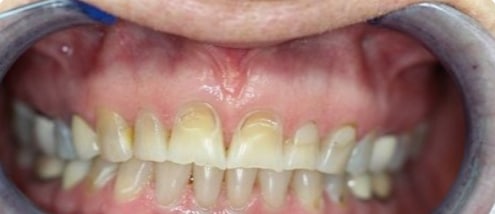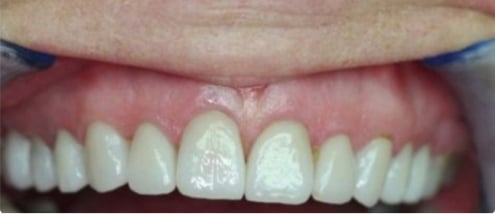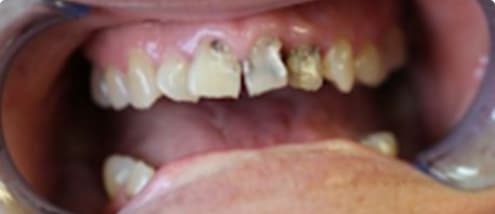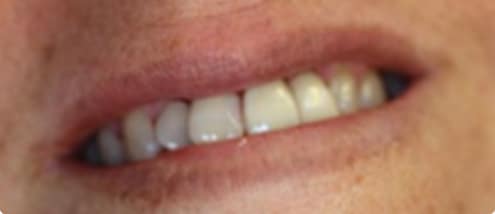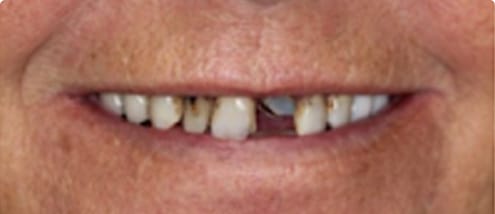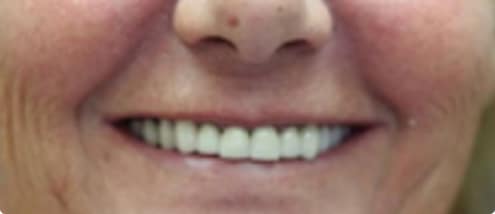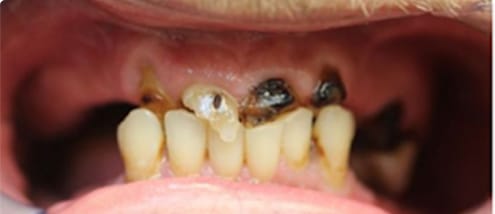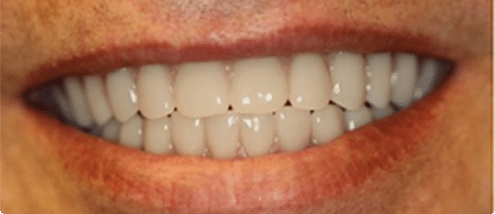Dental crowns are a highly effective method of repairing damaged teeth or fixing cosmetic issues. However, the dental crown placement procedure can result in mild discomfort, and will require you to take certain self-care measures to ensure that the crown stays healthy. So how can you keep your new crown in top shape? Here’s what you need to know.
The “Don’t” List: Foods and Behaviors You’ll Need to Avoid
In order for your new crown to heal properly, you’ll need to refrain from certain foods and actions. Otherwise, you may compromise the integrity of your crown.
You’ll want to avoid rinsing your mouth with anything for the first 12 hours following your procedure. It’s also important that you keep your tongue and fingers away from the site of the crown so that the blood clot stays intact and heals your mouth.
For the first 24 hours after your procedure, you’ll need to avoid hot liquids and solid foods. When you start eating, you’ll want to start with soft foods like applesauce or mashed potatoes. Don’t use a straw to drink anything for the first 10 days after your crown procedure.
When you do eventually return to hard foods, you may find it helpful to chew on the side of your mouth that doesn’t have a crown. Your crown will still be sore, and too much chewing may cause discomfort.
If you’re a smoker, you’ll need to refrain from smoking for a full 10 days after your procedure to allow your mouth time to heal.
Pain Management: What to Do About Sore Teeth, Gums and Muscles
It’s normal to experience some mild sensitivity for a few weeks following your crown procedure. You may also experience some localized discomfort or soreness in your gums, and the pulp irritation that occurs during a crown procedure can cause tooth pain. Typically the pain and soreness will resolve themselves within 4 to 7 days. During that time, you can use an over-the-counter pain reliever like acetaminophen or ibuprofen to reduce your discomfort.
If you still experience ongoing sensitivity or pain that doesn’t go away after a week, it may be a sign of a problem. You’ll want to contact your dentist to schedule a follow-up appointment and ensure your crown is still healthy.
Oral Hygiene: Toothpastes and Mouth Rinses That Will Help
If you notice that your tooth has become sensitive after your crown procedure, you’ll want to start using a sensitivity toothpaste like Sensodyne. Sensitivity toothpastes often use potassium nitrate to desensitize the nerves in your mouth or strontium compounds to restore lost calcium and protect the nerves of your teeth.
When you floss, you’ll want to make sure you use the proper technique. With new crowns, the proper flossing method involves gently sliding the floss out the side of your mouth rather than raising it above your teeth. Lifting the floss may cause it to snag on your crown, which could result in the crown coming off.
Your dentist may give you a prescription mouth rinse to control bacteria. If you received a prescription rinse like Peridex, use it as directed. You can also start using a saltwater mouth rinse or antibacterial mouthwash 24 hours after your procedure.
Getting a dental crown is a great way to repair damaged teeth or even improve the appearance of teeth that you’re unhappy with. A Tucson dentist can help you determine if a crown is the right solution for you. For more information or to schedule a consultation with Dr. Badie, contact Badie Dental at (520) 433-9800.






